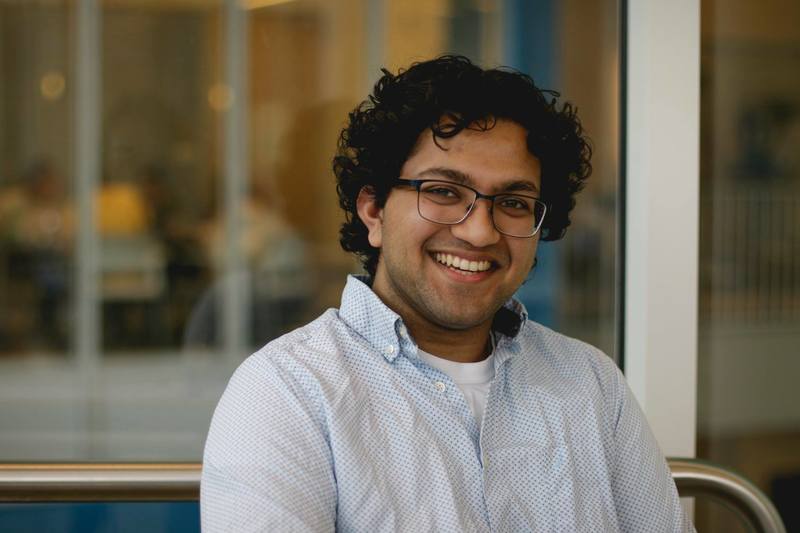Kush Mansuria
Growing up, what is the biggest stigma that you faced coming from Indian culture?
“I think a lot of it comes from the immigration debate and I think that most people think, ‘We don’t want chain migration.’ I think chain migration is misunderstood by a large number of people. They don’t really understand how it works. They don’t understand that the three big countries - China, India, and Mexico - have the longest wait times for legal immigration into the US. So that pushes the idea that, ‘Oh, foreigners are coming to take our jobs,’ but if they’re coming here legally and for permanent residency, they won’t be able to come for about 20 years. My uncle, who filed for a work visa, filed for permanent residency around 2004 or 2005, but the government is still looking at applications from 2002 right now. So he doesn’t expect to be here for another ten years. So I think the idea that immigrants are stealing jobs is not true.”
What motivated you to participate in this project? What do you hope to gain or give from this experience?
“People don’t really talk about their past a lot, especially as second-generation immigrants. Maybe as second-generations, we talk a lot about our past to our friends, but definitely what I know about my culture comes from what happened since I was born, not really the history before. For the longest time, I didn’t know that my dad worked as a food delivery driver. He worked at a grocery store a few miles from my house. He eventually got a different job, but I was completely unaware that he was doing that when he came here. These conversations don’t really happen a lot between our parents and us. I think that sometimes it makes us lose perspective about what they went through. And part of it is also because they might not want to talk about it, but it’s definitely important to talk about it - to gain perspective about everything that they have been through, the struggles and all.”
